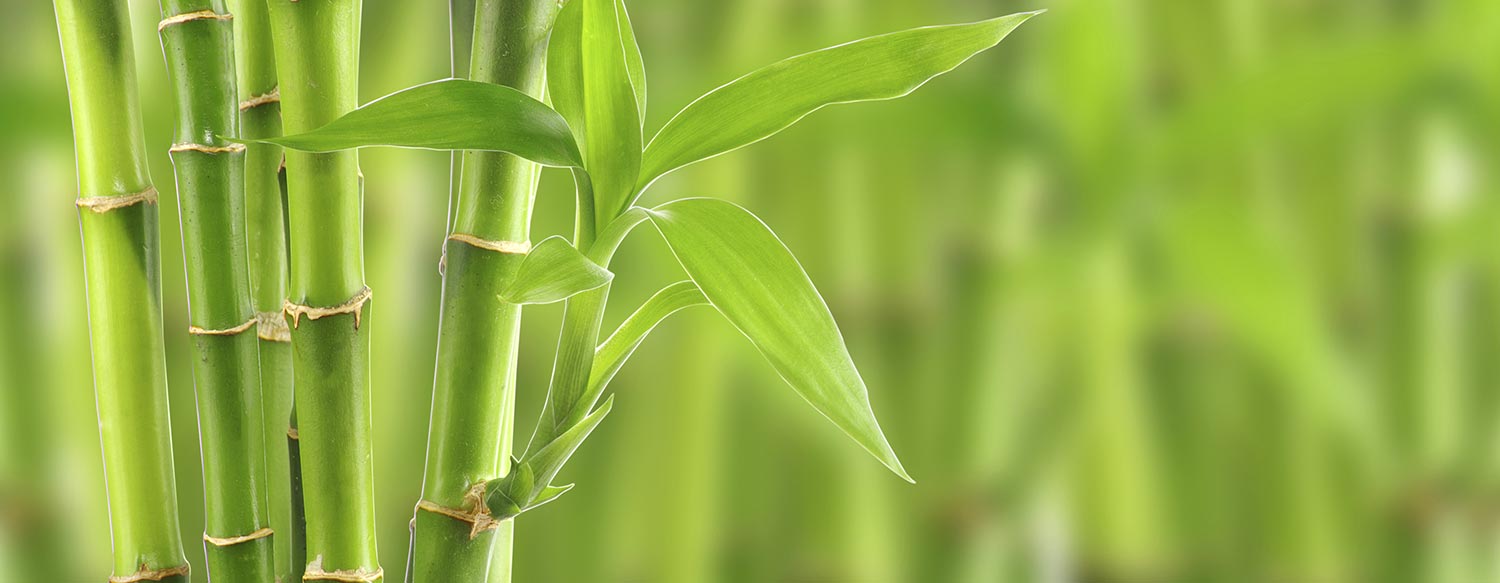
Sustainable packaging is recently becoming a staple solution for more and more businesses, manufacturers, and consumers alike. Most governments are also moving towards sustainability, encouraging business, manufacturers, as well as consumers to use and purchase sustainable products through various incentive programs.The multitude of groundbreaking sustainable materials and technologies available in the market today keep fueling the momentum towards this trend. Consumer appeal for eco-friendly vicinities and products are also ever-increasing. The move toward sustainability not only reduces the negative environmental impact of companies, but it can also become a powerful marketing tool to garner a loyal following.
Uncover 5 Ways A Robust Wellness Program Reduces Turnover in the Healthcare Industry
When it comes to packaging solutions, businesses must find a balance that allows maximum product functionality with the use of eco-friendly materials. Tamper proofing, brand recognition, ease of product handling, and longer shelf life are important factors in packaging. Many sustainable packaging options are now available without sacrificing these important factors.
Here are six common sustainable packaging solutions that can work for your business packaging needs.
1. Eco-friendly Adhesives
Two types of eco-friendly adhesives include sausage packed adhesives and water-based glues and adhesives. The sausages are encased in a thin, tough, aluminum foil and is dispensed with applicator guns. High performance water-based glues and adhesives are best suited for materials like paper or porous surfaces.
2. Bamboo
The production process to create eco friendly bamboo packaging does not create wastewaters, effluent gas, or residue. This packaging is certified and approved to work in many functions including ovens and microwaves, and are liquid proof and heat sealable.
Want A Greener Office? Discover 5 Benefits of Integrated Operations
3. Post-Consumer Resin
This sustainable packaging consists of a blend of recycled resins instead of virgin polypropylene resins. Products are made from recycled materials such as milk cartons and shampoo bottles.
4. Lightweighting
Reducing the weight of materials and modifying the packaging to lighter configurations is a popular trend among manufacturers. This reduces packaging costs, is eco-friendly, and makes your product sleek and appealing .
Read A Hard Hitting Article Green Supply Chain Management for Environmental Sustainability
5. Biodegradable
Products are packaged in products manufactured from renewable resources such as: sugarcane fiber, corn, replanted trees from farmed forests and Polylactic Acid (PLA) which is 100% plant-based and compostable.
6. Recyclable Plant-based Polymers
These sustainable plant-based polymers can have a carbon footprint of at least 65% lower than fossil polymers. These polymers are extracted from crops and bacteria and can include starches, cellulose, soy protein, vegetable oil, triglycerides. They are also biodegradable.
Learn 4 Easy Ways to Gain From Sustainable Supply Chains
Part of your eco-friendly initiative should include what needs to be monitored and reported back to your business partners and consumers. The reduced carbon footprint, energy usage, and waste of your business is something you can take pride in. Put measurements in place to quantify the results so they can be transparently communicated. Your sales and marketing departments will need these same measurements to be able to use these factors in value proposition pitches and reviews. Conserving resources and cutting waste will go a long way to meet consumers needs and at the same time generate positive recognition when they purchase your products or avail of your services.

About Michael Wilson
Michael Wilson is AFFLINK'S Vice President of Marketing and Communications. He has been with the organization since 2005 and provides strategic leadership for the entire supply chain team. In his free time, Michael enjoys working with the Wounded Warrior Project, fishing, and improving his cooking skills.





